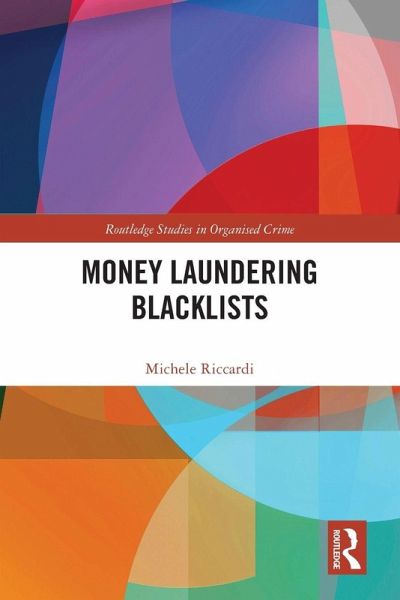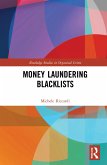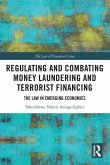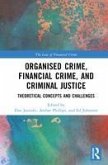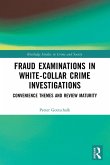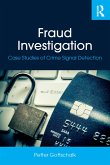What are the criteria used by Financial Action Task Force (FATF) and the European Union to blacklist jurisdictions at high-risk of money laundering? What are the countries at highest risk according to Panama Papers and FinCEN files? Where do criminals move their illicit money, according to judicial and investigative evidence? This book answers these questions. It is an unprecedented study on the countries at highest risk of attracting money laundering and organised crime proceeds - and how they are identified as such by scholars, policy-makers and anti-money laundering (AML) practitioners. It targets an issue which is central to the policy debate, in the media, but is under-studied.
This book is divided into two parts. Part I discusses the concept of money laundering risk, its main determinants, and carries out a review of extant country ratings, ranging from official blacklists and grey lists, to media leaks and scholarly papers. Part II discusses the weaknesses and the myths behind the current ratings and proposes a new approach to assess the risk of money laundering across countries.
With a critical research perspective, empirically driven, this book aims to satisfy both scholars and students - in particular from criminology, economics, and international relations - and practitioners from banks, professional firms, and AML authorities.
This book is divided into two parts. Part I discusses the concept of money laundering risk, its main determinants, and carries out a review of extant country ratings, ranging from official blacklists and grey lists, to media leaks and scholarly papers. Part II discusses the weaknesses and the myths behind the current ratings and proposes a new approach to assess the risk of money laundering across countries.
With a critical research perspective, empirically driven, this book aims to satisfy both scholars and students - in particular from criminology, economics, and international relations - and practitioners from banks, professional firms, and AML authorities.
"For too long, for money laundering and the policies to counter it have been 'an evidence-free zone', with lots of politics, hypocrisy and guess-work covering our enormous ignorance. Riccardi's book is a huge step forward in fixing this sad state of affairs. Money Laundering Blacklists takes an original, rigorous approach in transforming our understanding of where the real risks of dirty money lie, and how the fight against illicit finance should be re-focused. It's rare that a book can be so important and compelling for both scholars and policy-makers, but Riccardi has achieved this rare feat".
Jason Sharman, Sir Patrick Sheehy Professor of International Relations University of Cambridge
"For a nation to be blacklisted for anything is troubling. To be blacklisted for an activity as apparently serious as failure to control money laundering is deeply troubling. Yet, Michele Riccardi's scholarly but very readable book shows that the label is usually applied by official bodies in an arbitrary and unhelpful way. Riccardi offers a theoretically informed empirical approach to testing whether a country truly belongs on a money laundering blacklist".
Peter Reuter, Distinguished Professor of Public Policy and Criminology at the University of Maryland
"This book reminds us that the current state of the art on assessing national anti-money laundering risk is woefully insufficient. It usefully proposes defining AML risk from the perspective of the viewing country and dispenses with the canard that small and poor countries are the main AML problem, when in fact large, rich countries hold the lion's share of the world's dirty money".
Charles W Littrell, Inspector of Banks and Trust Companies, Central Bank of The Bahamas
"With money laundering risk assessments increasingly seen as the cornerstone of an effective framework to tackle financial crime, this book provides a timely analysis of existing blacklists and approaches to measure risks. It challenges and demystifies many of the methods while offering concrete and promising solutions to assess money laundering risks, taking into account how criminals move dirty money across borders and the role of both source and destination countries".
Maíra Martini, Leader of AML and Beneficial Ownership research & policy, Transparency International
Jason Sharman, Sir Patrick Sheehy Professor of International Relations University of Cambridge
"For a nation to be blacklisted for anything is troubling. To be blacklisted for an activity as apparently serious as failure to control money laundering is deeply troubling. Yet, Michele Riccardi's scholarly but very readable book shows that the label is usually applied by official bodies in an arbitrary and unhelpful way. Riccardi offers a theoretically informed empirical approach to testing whether a country truly belongs on a money laundering blacklist".
Peter Reuter, Distinguished Professor of Public Policy and Criminology at the University of Maryland
"This book reminds us that the current state of the art on assessing national anti-money laundering risk is woefully insufficient. It usefully proposes defining AML risk from the perspective of the viewing country and dispenses with the canard that small and poor countries are the main AML problem, when in fact large, rich countries hold the lion's share of the world's dirty money".
Charles W Littrell, Inspector of Banks and Trust Companies, Central Bank of The Bahamas
"With money laundering risk assessments increasingly seen as the cornerstone of an effective framework to tackle financial crime, this book provides a timely analysis of existing blacklists and approaches to measure risks. It challenges and demystifies many of the methods while offering concrete and promising solutions to assess money laundering risks, taking into account how criminals move dirty money across borders and the role of both source and destination countries".
Maíra Martini, Leader of AML and Beneficial Ownership research & policy, Transparency International

